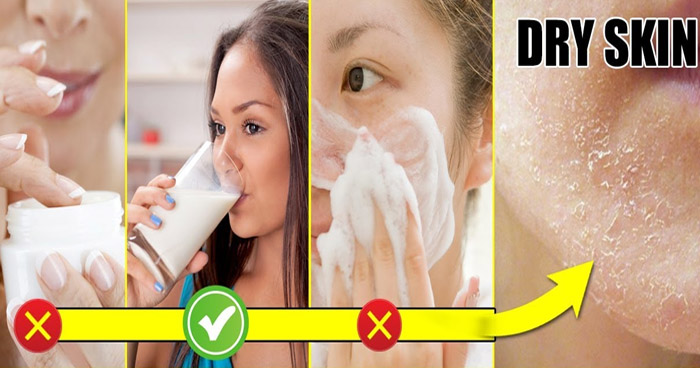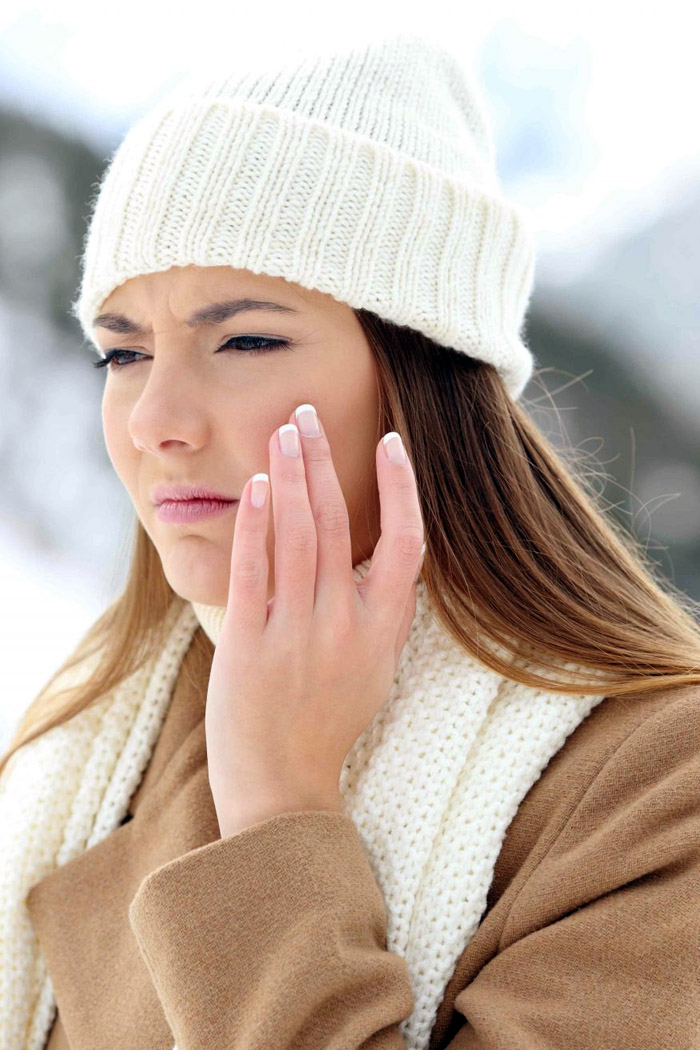Cold winter weather can mean dry and itchy skin. But there are simple steps to avoid the irritation. MU Health Care dermatologist Kara Braudis, MD, has five recommendations to protect your skin from the cold and dry winter weather.
Switch your soap
Soaps such as Zest, Irish Spring and Dial are excellent detergents, but they strip the natural oils from your skin. That squeaky clean feeling is actually bad for your skin in winter because it means you’ve washed off the natural protection that keeps your skin from drying out. During winter, consider mild soaps such as Dove, or washes like Cetaphil, which are gentle on the skin and don’t strip away essential oils.
Bathe like a baby
A warm shower during cold weather can feel great, but hot water can irritate the skin and strip away natural moisture. Turn your shower to the temperature suitable for bathing a baby.

Dry off gently, then rehydrate
When you get out of the shower, your skin is receptive to adding moisture. Your skin is damp and more porous, so pat yourself dry with a towel. Don’t rub or scrub. Then immediately apply a bland, unscented, uncolored moisturizer. Petroleum jelly and mineral oil are also great post-shower moisturizers. In general, creams that come in a tub are more moisturizing than lotions in a bottle, so scoop not pump!
Winterize your laundry
If you suffer from dry skin in winter, switch your laundry products. Look for detergents without dyes and fragrances which may cause itching. This can be true even if you have been using the same brand for many years! Dryer sheets are also a notorious cause of winter itch. Either stay away from dryer sheets altogether or use a brand that’s made from a paper sheet rather than a composite fiber sheet.
Halt the hand sanitizer
Hand sanitizer contains alcohol, which can dry your skin. If you don’t work in the health care field, basic hand washing is probably good enough for you. When your skin becomes inflamed, red, patchy, scaly, itchy, or crusty, see a dermatologist, who can prescribe medicated topical creams to treat the condition and possibly prevent infection.



